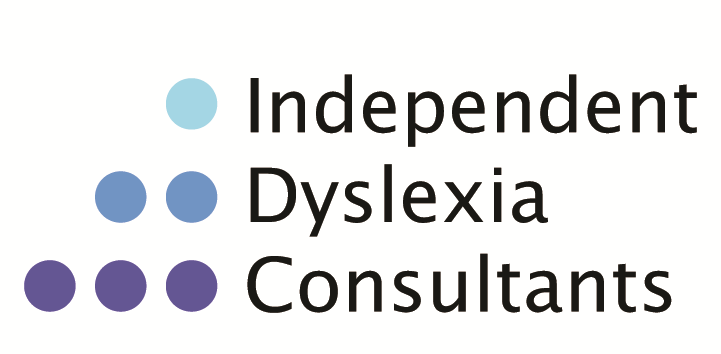Assessments
Diagnostic assessment for any specific learning difficulty is a process of explanation. It is essentially the same for all conditions, the results being interpreted according to the difficulties someone reports.
It begins with a brief interview relating to factors such as health, education, and occupational experience.
What we measure
The next step is establishing what can be expected of someone by administering tests of their abilities and skills. These consist of the following:
Vocabulary skills
Verbal reasoning
Recalling factual material
Visual spatial reasoning
Non-verbal reasoning
Processing speed
Memory
What to expect from the process
Verbal ability tests predict what someone should be able to do in terms of literacy. Non-verbal ability tests relate to practical skills. The memory and processing speed tests can explain inconsistencies in performance.
Literacy skills are measured by things such as reading accuracy and silent reading comprehension. There are also tests of handwriting, spelling, and proofreading skills.
None of the individual tests administered is particularly lengthy, and usually the order in which they are presented is varied, so a practical test will be followed by a verbal test. This makes the overall session less challenging. Some people find it quite a demanding process, but they can have short breaks.
At the end of the testing, immediate feedback on the results is provided, as well as verbal recommendations as to how someone might help overcome their reported difficulties.
These are followed up in a written report that provides advice for the individual concerned, as well as those working with them. The reports are accepted by further and higher education institutes, examination boards, and employers.
Contact
Feel free to contact us with any questions.
Email
info@dyslexia-idc.org
Phone
020 7388 8744





